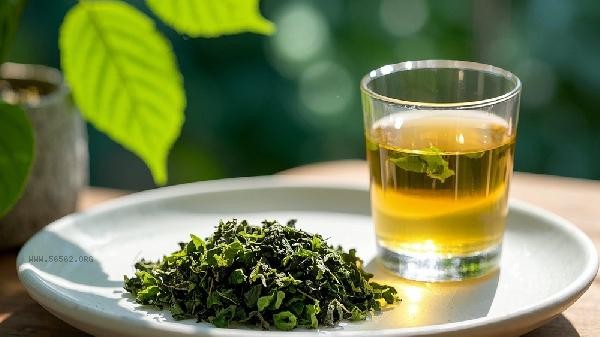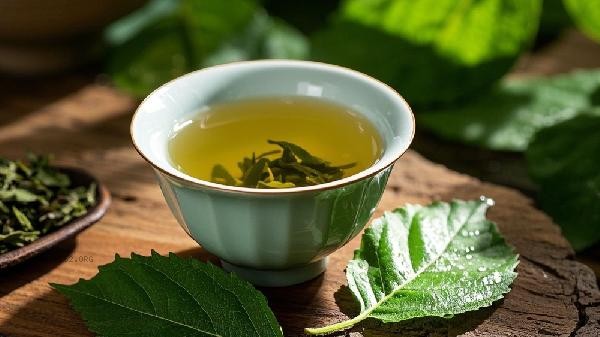Drinking tea on an empty stomach in the morning may stimulate people with weaker gastrointestinal function, but healthy individuals who drink light tea in moderation usually have no problem. The impact of drinking tea on an empty stomach is mainly related to the type, concentration, and personal constitution of the tea leaves. Green tea, raw Pu'er tea, and other unfermented teas contain high levels of tea polyphenols and caffeine. Drinking them on an empty stomach may stimulate the gastric mucosa, leading to excessive secretion of stomach acid and causing discomfort in the stomach. The tannic acid in this type of tea can also bind with proteins in the stomach to form precipitates, which may affect digestive function in the long run. If people with gastrointestinal health are accustomed to drinking tea in the morning, it is recommended to choose fermented black tea or ripe Pu'er tea. The concentration of the tea soup should not be too high, and the drinking amount should be controlled within 200 milliliters. It can be paired with a small amount of alkaline foods such as soda crackers to buffer and stimulate.

Some special populations need to pay special attention to the risk of drinking tea on an empty stomach. Drinking tea on an empty stomach may aggravate mucosal damage in patients with gastric ulcer. Drinking strong tea on an empty stomach in patients with diabetes is likely to cause hypoglycemic reactions such as heart palpitations and shaking hands. Tannic acid in tea in anemic people will inhibit iron absorption. Pregnant women and those with arrhythmia should avoid consuming caffeine in the morning. People with poor sleep quality at night who consume theophylline on an empty stomach in the morning may affect the regulation of their circadian rhythm throughout the day. Developing the habit of drinking warm water in the morning and then eating a small amount of carbohydrates is more stable. Drinking tea after the stomach has food at the bottom can reduce irritation. When choosing tea, give priority to fermented tea. Brewing with warm water at around 80 ℃ can reduce the precipitation of theophylline. Long term fasting tea drinkers should undergo regular gastric function tests, and adjust their tea drinking habits in a timely manner if they experience symptoms such as stomach pain and acid reflux. Reasonable combination of breakfast protein foods can effectively alleviate the potential impact of tea on the gastrointestinal tract.










Comments (0)
Leave a Comment
No comments yet
Be the first to share your thoughts!